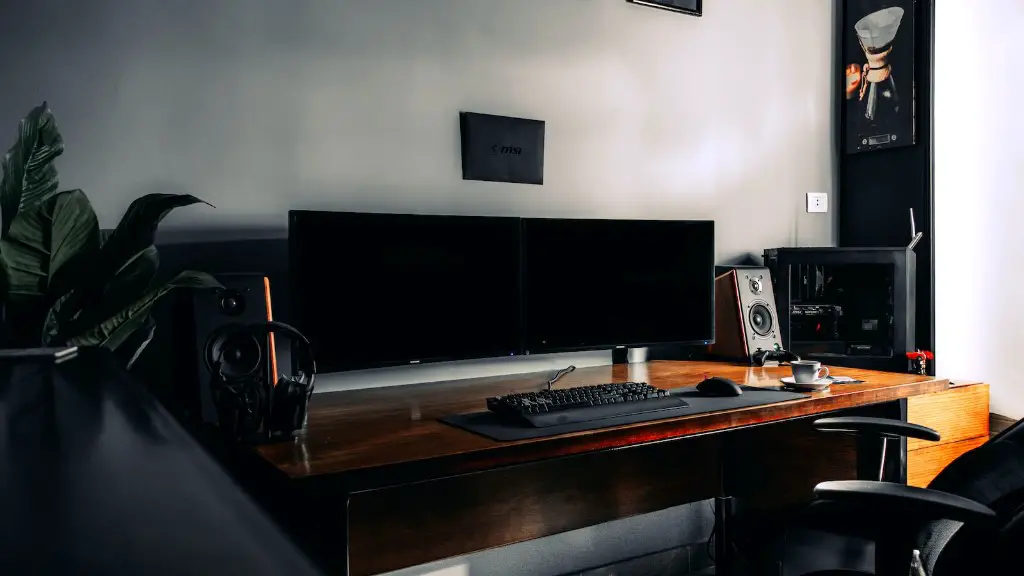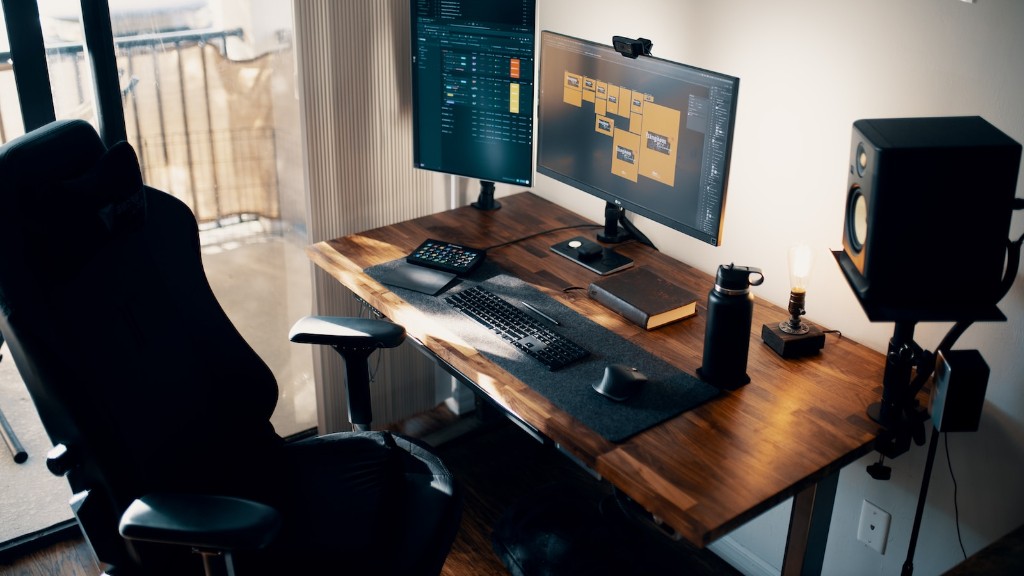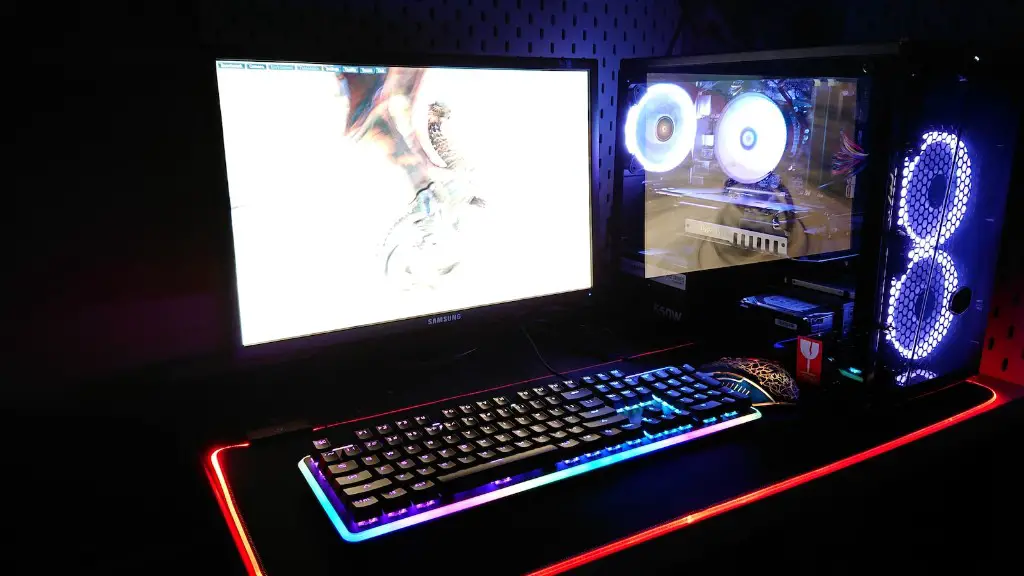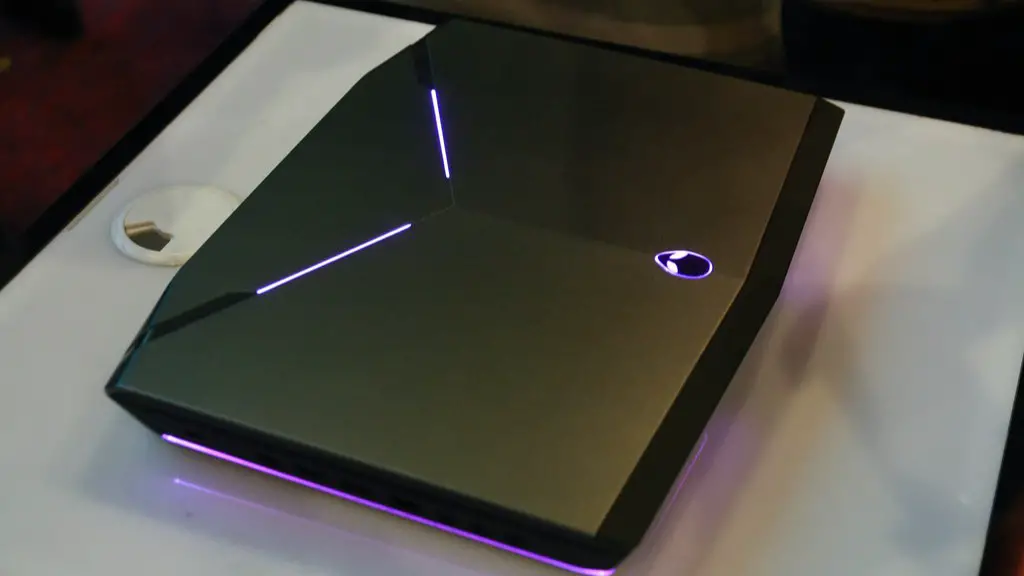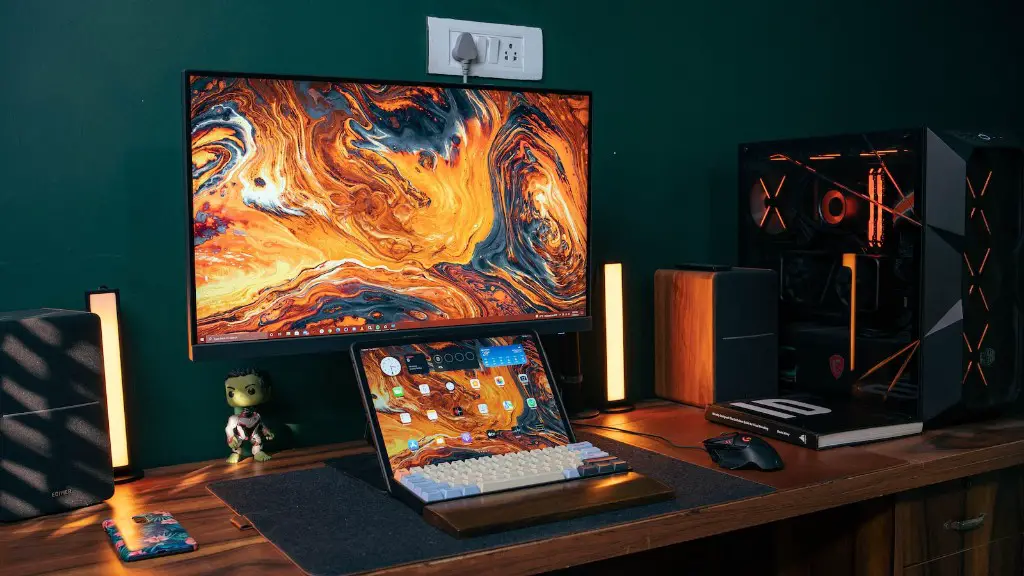How To Build Your Own Cheap Gaming Pc: You don’t need to spend a lot of money to build your own gaming pc. All you need is some basic computing skills and a few essential components. With a few simple steps, you’ll have your own custom gaming pc built in no time. Here are some tips for building your own gaming pc on a budget.
Firstly, choose the right case for your gaming pc. The case will house all your components, so make sure it’s big enough to fit everything in. Look for cases with plenty of ventilation, as this will help keep your components cool. There are several cheap options available, ranging from under $20 to more advanced models with more features.
Next, select a motherboard that can handle your desired components. Make sure it supports the latest features and technologies, such as USB 3.0 and SATA 6GB/s. Consider investing in a motherboard with more features if you plan to do any overclocking or want to take advantage of newer technologies such as SLI and Crossfire.
Thirdly, pick out a CPU and RAM combo that will fit your budget. Look for CPUs that have multiple cores and a high clock speed. For RAM, opt for a higher frequency speed with plenty of capacity. You don’t need to spend a fortune on these components, as there are plenty of low-cost options available that will get the job done.
Fourthly, select a graphics card for your gaming pc. Look for graphics cards with high clock speeds and plenty of onboard memory. Also, take into account the power requirements of the card, as this will determine how powerful of a card you can buy.
Fifthly, invest in the appropriate power supply for your setup. Look for a power supply with enough wattage to handle your components, as well as a stable voltage rating. Finally, don’t forget to have some storage for your pc. Solid state drives are great for storing your operating system and games, but hard drives offer more capacity for a lower price.
Additional tips for building your gaming pc
When building your own gaming pc, it’s important to research the components you plan to purchase. Look for online reviews from users and make sure the components are of high quality. Additionally, it’s important to know your system’s power needs, as this will determine the wattage of your power supply.
When shopping for components, it can be tempting to go for the cheapest option. However, in order to get the best performance, it’s important to invest in high quality parts. Furthermore, investing in more expensive hardware can help the longevity of your pc, as the components will be more reliable and powerful.
Another important tip is to ensure your components are compatible. Make sure you check the specifications of each component and ensure they are compatible with each other. Installing incompatible components can cause numerous issues, including failing to boot up or poor performance.
Finally, building your own gaming pc can be time consuming. Make sure you set aside plenty of time to research components, plan your build, and assemble the pc. Additionally, it’s important to be patient during the process and read up on any potential issues that may arise before assembling your pc.
Preparing your components for installation
After selecting and purchasing your components, it’s time to prepare them for installation. First, make sure you keep your components in an anti-static bag or container, to avoid any damage. Additionally, all components should be properly labeled, so you know which parts go where.
Next, gather all your tools and lay them out on a work surface. This will allow you to quickly access any tool you may need during the build. Make sure the work surface is free of any metal objects, as this could damage your components.
Once you’re ready to install the components, start by installing the CPU and RAM. Make sure the CPU is installed properly and secured with the appropriate screws. Afterwards, install the RAM in the corresponding slots and make sure it is seated firmly.
After installing the CPU and RAM, attach the PSU to the case. This will provide power to the other components, so make sure it is connected properly. Additionally, it’s important to include a surge protector to avoid any potential damage to your components.
Once the PSU is installed, it’s time to attach the motherboard to the case. Make sure the ports are aligned with the ones on the case, and use the appropriate screws to secure it in place. After connecting the PSU to the motherboard, check to make sure there is no loose wiring or connections.
The next step is to attach the graphics card to the motherboard. Make sure they are compatible, and once they are in place, connect any additional power cords to the GPU. Carefully route the cables and make sure they are neatly connected to the ports.
Finally, connect your storage to the motherboard and power supply. Make sure the cables fit securely, and route the cables away from any fans to avoid obstruction.
Installing the operating system and drivers
Now that your components are installed, it’s time to install the operating system and drivers. First, insert the Windows installation disc into your computer and follow the onscreen instructions to install the OS.
Next, install any necessary drivers for your components. Visit the manufacturer’s website for the latest drivers for your particular peripherals. Additionally, install antivirus or anti-malware software to keep your pc safe from potential threats.
Once the drivers are installed, you should be ready to go. Shut down your pc and connect all your peripherals, such as a monitor, mouse, and keyboard. Next, turn on the power switch and press the power button to start up your pc.
Once the pc is running, check the device manager to make sure all the components are detected. Additionally, go into the BIOS settings and check the temperatures of all the components for optimal performance. Lastly, install benchmarks such as 3DMark to test your pc’s performance.
Testing and optimizing your gaming pc
Now that your gaming pc is up and running, it’s time to start testing and optimizing the system. First, run stress tests and benchmarks to check the performance of your pc. This will help determine if your pc is running as expected, or if there are any performance issues.
Secondly, overclock your components if necessary. Overclocking can help boost the performance of your system, but it should be done with caution. Make sure to research the process before attempting to overclock your components.
Thirdly, optimize your windows settings and software. Install drivers and programs that will help boost the overall performance of your pc. Additionally, look for programs that can help reduce background usage and resource consumption.
Finally, update your drivers and software regularly. This will ensure your gaming pc is up to date and running smoothly. Additionally, make sure you clean out any dust from your pc on a regular basis, as dust can impede the performance of your system.
Final steps for your gaming pc
Once your pc is running efficiently, it’s time for the finishing touches. Install additional fans for optimal cooling or adjust the case airflow to ensure all components are properly ventilated. Furthermore, invest in a higher wattage power supply if your setup is weak or if you plan to upgrade your components in the future.
Additionally, invest in a good gaming mouse, keyboard and monitor. These accessories will not only help you game better, but they will also improve the overall appearance of your gaming rig. Finally, keep your pc up to date by researching the latest hardware and software technologies.
Building your own gaming pc is relatively simple and doesn’t need to cost a lot of money. With a few simple steps and the right components, you’ll have your own powerful gaming pc in no time. Just make sure to research your components, install the necessary software, and keep your pc up to date for optimal performance.
